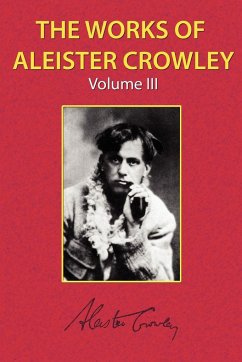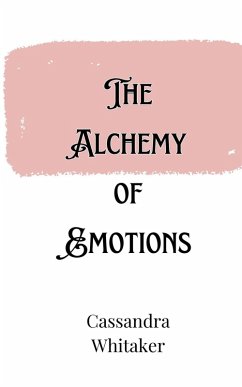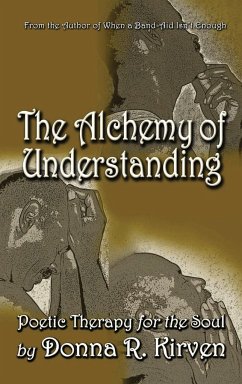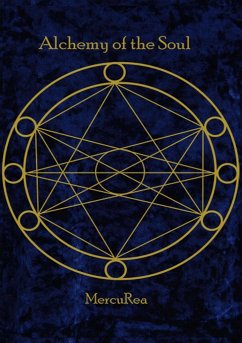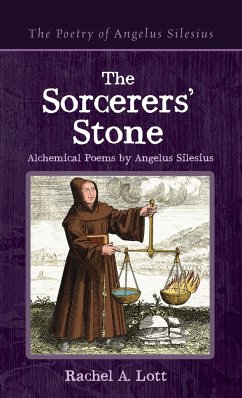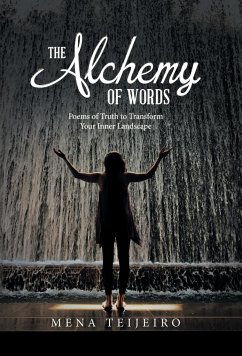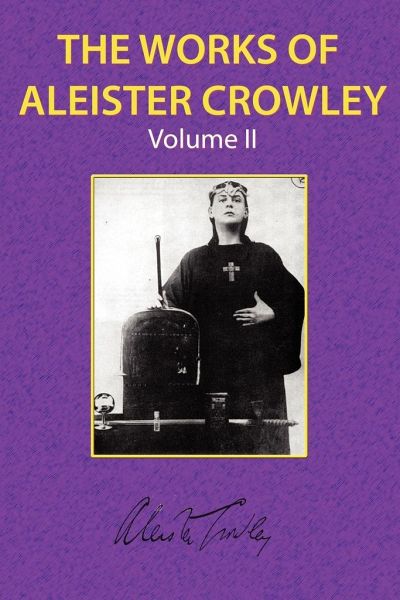
The Works of Aleister Crowley Vol. 2
Versandkostenfrei!
Versandfertig in 1-2 Wochen
19,99 €
inkl. MwSt.

PAYBACK Punkte
10 °P sammeln!
This book contains early works written by Crowley between 1902-1905 and is Volume Two of a three-volume set. He concentrates mostly on mystical poetry and eastern religion in this volume, along with his first important works in the area of magick. The Sword of Song, aka Book of the Beast, is where Crowley makes his first appearance as "The Beast." Science and Buddhism includes Crowley's complete views on Buddhism and reveals its strong connection to modern science. Both of these writings include useful information for those involved in Crowley's secret magickal order, the A.·.A.·.. Ambrosii ...
This book contains early works written by Crowley between 1902-1905 and is Volume Two of a three-volume set. He concentrates mostly on mystical poetry and eastern religion in this volume, along with his first important works in the area of magick. The Sword of Song, aka Book of the Beast, is where Crowley makes his first appearance as "The Beast." Science and Buddhism includes Crowley's complete views on Buddhism and reveals its strong connection to modern science. Both of these writings include useful information for those involved in Crowley's secret magickal order, the A.·.A.·.. Ambrosii Magi Hortus Rosarum is an important mystical book referencing Quabalistic and Hermetic knowledge, in addition to magick and alchemy. The Three Characteristics is a jakata - a Buddhist incarnation story, with himself and Allan Bennett injected as characters with different names. It covers deep philosophical issues on the nature of reality, the workings of the cosmos, and our place within it. Essays in Ontology tries to reconcile the three major religions of Christianity, Hinduism and Buddhism through the use of mathematics rather than spiritual or theological concepts. The Excluded Middle and TIME are philosophical satires that close out the book. There are also a number of poems. The more one understands Crowley's magickal terms, the more will be gained from the poetry found here.



